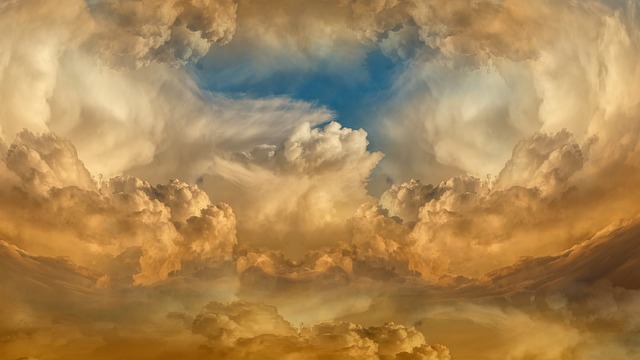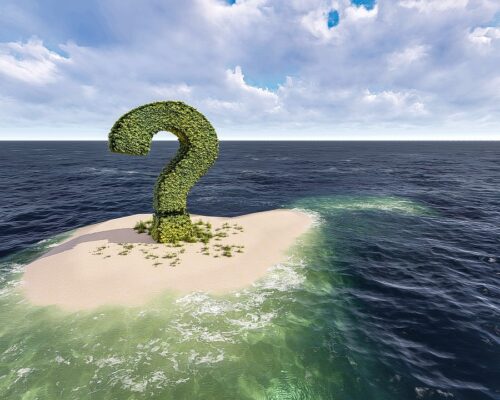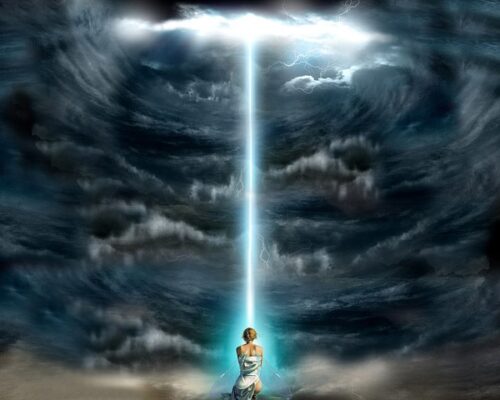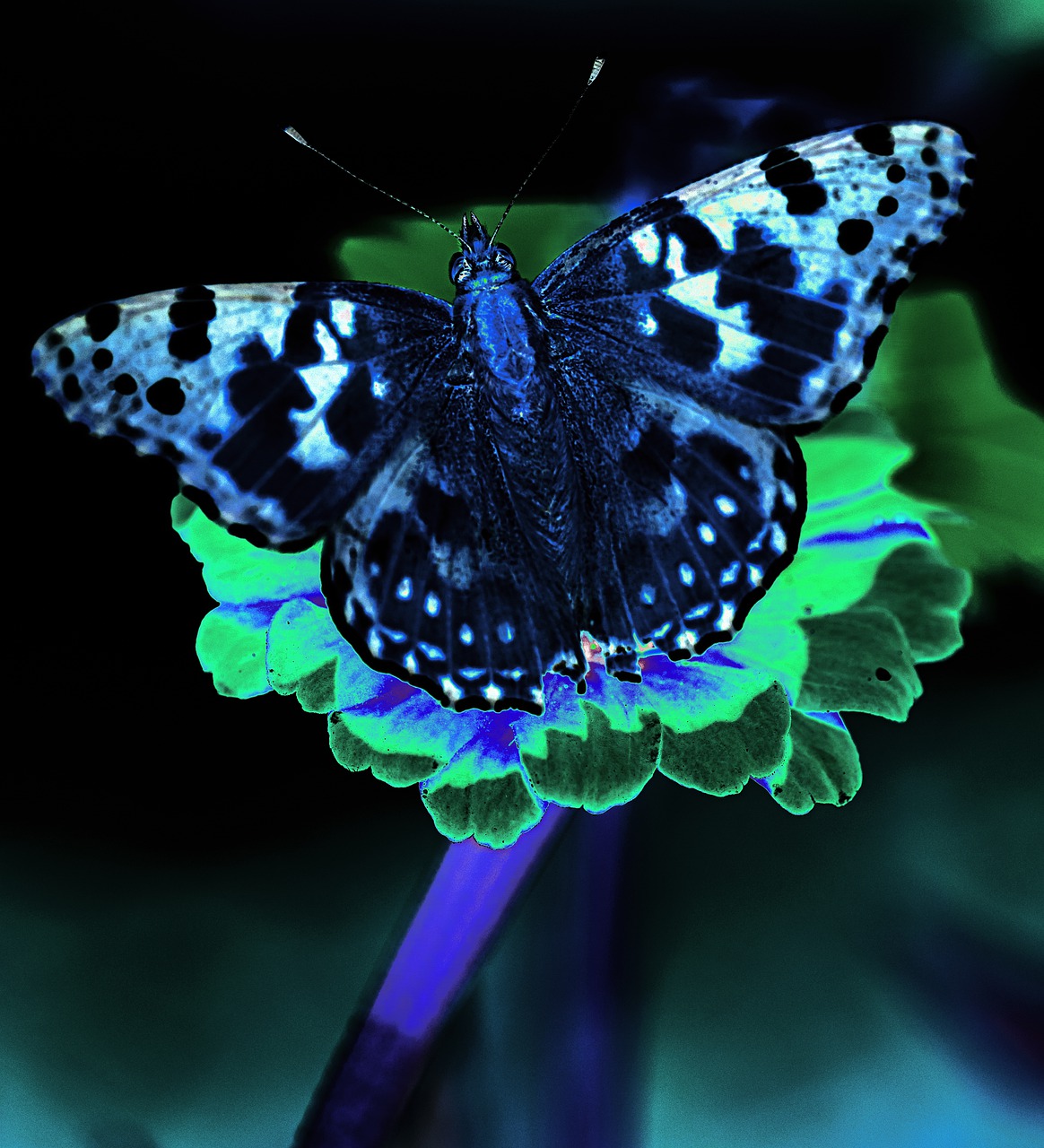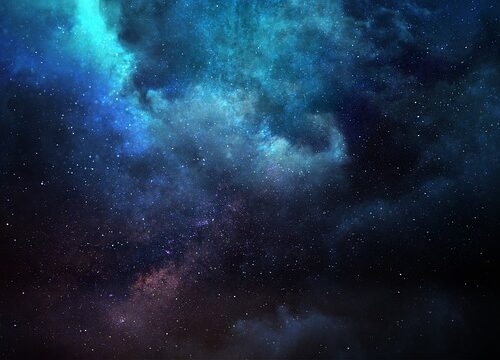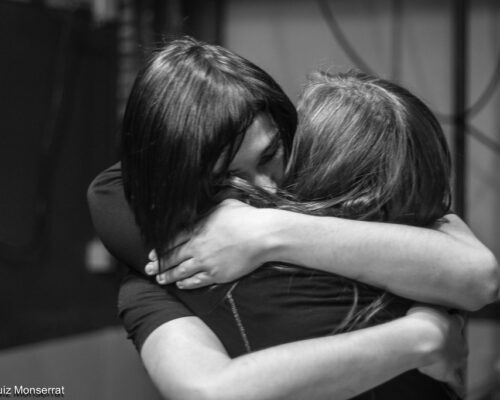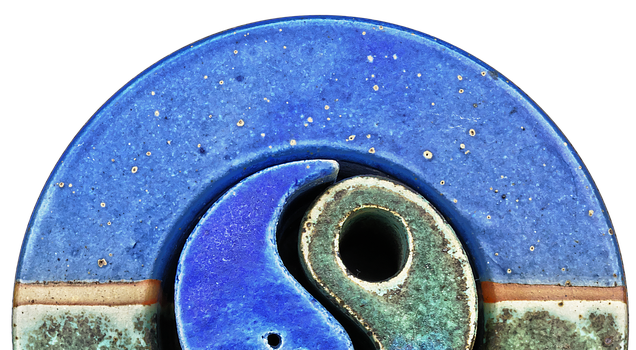
The Paradigm of Wholeness
I have been thinking a lot lately about the concept of “wholeness.”
The Paradigm of Wholeness
I have been thinking a lot lately about the concept of “wholeness.” In my Christian upbringing, I was taught that the only way to be whole was through being forgiven, through Christ, for my sins. As a seven year old child, I wasn’t sure what my sins were, but I was sure that I wanted to be forgiven. And so, I asked Jesus to come into my heart.
The ministers in my faith tradition emphasized humankind’s sinfulness. I soon learned that I would always fall short, that I would always need forgiveness for something. I was never good enough, even though I had accepted Jesus. Even if I tried to be perfect, I was not good enough. So I became a prisoner of perfectionism.
I thought that if I just did everything right, I would be whole, and that the emptiness inside me would be filled. If I kept a perfect house, raised perfect children, had a picture-perfect marriage – then I would be whole. But of course, despite all my herculean efforts, the house was a wreck, the children were challenging, and my first marriage fell apart.
I was flawed, less than, and never enough. I was broken, not whole. I was a failure, and everything was my fault. My spiritual paradigm reinforced the concept of brokenness, not wholeness. It emphasized the fact that I would always fall short. It trapped me in a dualistic paradigm of either/or, good/bad, black/white. And it made me look outside of myself for salvation (wholeness).
I spent years looking for a path which leads to wholeness. As I began to open to the Sacred Feminine, I began to see that balance and wholeness come from accepting and loving all of myself. I began to move toward a new definition of spiritual wholeness that lead me away from that which is unattainable to something that already exists inside of myself.
Whole means complete, undivided, intact. What if I see myself, with all my flaws, quirks, and ugly parts as whole and unspoiled? What if I love myself for the unique person that I am? What if I don’t try to deny or suppress the parts of myself that I see as less than? What if I lovingly thank those parts of myself which try to protect me in ways that may not seem appropriate? What if I look inside of myself, not outside of myself, for the love and tenderness that I crave from others?
As I said in an earlier post, the Goddess calls us to embrace all of our humanity. If you look at the many aspects of the Goddess from cultures around the world, many of the Goddesses are rulers of both birth and death, light and dark. Fertility and fallowness. Gaia, Kali, Ishtar, Hel, Diana, the triple Goddess in all her forms – all these Goddesses manifest the full range of experiences and emotions in one being.
As humans then, all the conflicting and contradictory emotions that we feel every day comprise who we are as complete human beings. If I love and accept all of myself, then I am whole. I am not cut off from parts of myself. I am not fighting myself. I am not broken or flawed. I am free to live each moment. I become complete as a human being. I become who I was created to be.
